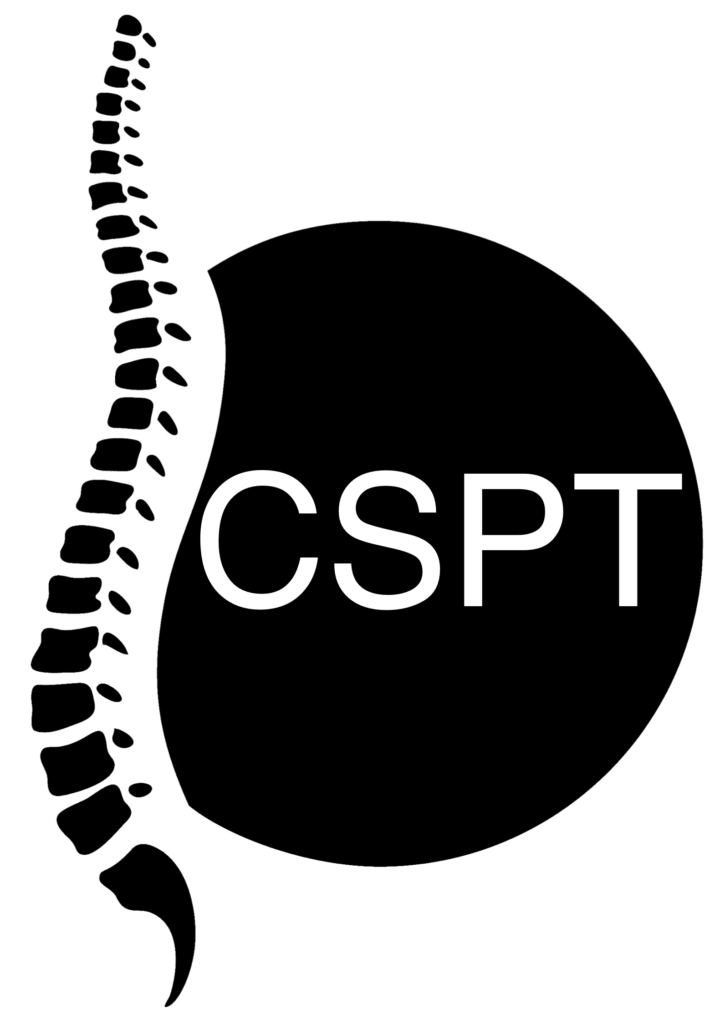
Warning signs of a herniated disc can depend on the portion of the spine that is affected. If the lower back is affected, the classic sign is sciatica pain that radiates down the leg with numbness and tingling. If the neck is affected, the pain radiates down the arm and can also be accompanied by numbness and tingling. Herniated discs in the neck can be more serious if they push against the spinal cord which ends before reaching the lower back. A large herniation may press on spinal nerves on both sides of the body, resulting in severe pain throughout the lower body.
Doctors haven’t identified clear risk factors for developing a herniated disc. Some studies find that a sedentary lifestyle puts you at risk and other studies find that strenuous activity puts you at risk. Some studies find that weight could be a factor. The research shows that most patients are diagnosed between the ages of 20 and 50 and up to 15 percent of people who have surgery re-herniate a disc.
How can we prevent disc herniation?
Lift Smart
Bend knees and lift objects close to the body.
Stay Fit
An exercise regimen keeps the body strong and resilient.
Maintain
Flexibility and a regular wellness lifestyle is a safeguard.
Our discs are vulnerable to a variety of injuries. A herniated disc may occur when too much force is exerted on an otherwise structurally sound disc. Significant falls, bending, lifting heavy objects, and sustained poor posture can lead to disc herniations. Excessive tension over time can causes disc weakness and inflammation.
Why do discs become herniated?
Between each vertebra are fibrous areas of cartilage. These intervertebral discs of cartilage serve as cushions between the vertebrae. They have a tough outer covering and a soft gel-like center. Their purpose is to allow movement while also softening or absorbing any force and stress on the spinal column. Injury or weakness can cause the inner portion of the disk to protrude through the outer ring. This is known as a slipped, herniated, or prolapsed disc.
